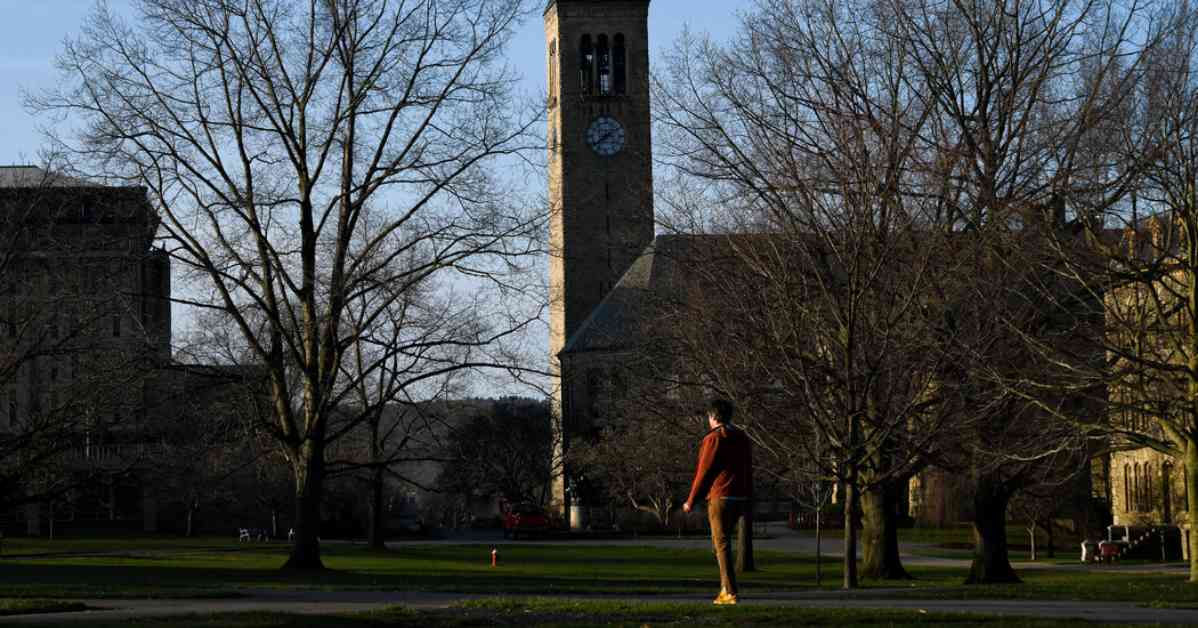As the landscape of higher education continues to evolve, the role of college presidents has become increasingly complex and challenging. With recent leadership changes at prestigious institutions such as U.C.L.A., Yale, Harvard, Cornell, and Penn, opportunities for aspiring college presidents abound. This article will explore the current state of college leadership transitions, the challenges facing incoming presidents, and the implications for the future of higher education.
Challenges in College Leadership Transitions
The recent departures of college presidents at Cornell, Harvard, and the University of Pennsylvania have highlighted the tumultuous nature of leadership transitions in higher education. These abrupt departures have left institutions scrambling to find suitable replacements and have raised questions about the stability of leadership in the academic world.
One of the key challenges facing incoming college presidents is the growing polarization of campus environments. Issues such as campus antisemitism, protests, and political divisiveness have made it increasingly difficult for college leaders to navigate the complex social and political landscape of modern higher education. This environment requires incoming presidents to possess not only strong leadership skills but also the ability to engage with diverse stakeholders and address contentious issues in a diplomatic and effective manner.
Opportunities for Aspiring College Presidents
Despite the challenges facing college presidents, there are numerous opportunities for aspiring leaders to make their mark in the world of higher education. With openings at prestigious institutions such as U.C.L.A., Yale, Harvard, Cornell, and Penn, talented individuals have the chance to step into leadership roles that can shape the future of academia.
The role of a college president offers a unique opportunity to influence the direction of an institution, engage with students, faculty, and staff, and contribute to the advancement of knowledge and research. For individuals with a passion for education, leadership, and innovation, the position of college president can be a rewarding and fulfilling career path.
The Future of College Leadership
As colleges and universities continue to grapple with the challenges of a rapidly changing world, the role of college presidents is more important than ever. In an era of increasing complexity and uncertainty, effective leadership is essential to ensure the success and sustainability of higher education institutions.
The incoming generation of college presidents will face a host of challenges, from navigating political and social tensions on campus to addressing the financial pressures facing many institutions. However, with these challenges come opportunities for innovation, collaboration, and positive change.
In conclusion, the opportunities for college presidents are abundant, but the path to leadership is not without its challenges. Aspiring leaders must be prepared to navigate a complex and ever-changing landscape, engage with diverse stakeholders, and demonstrate the vision and leadership necessary to guide their institutions into the future. The role of a college president is a demanding one, but for those with the passion and dedication to make a difference in the world of higher education, the rewards can be immeasurable.




















